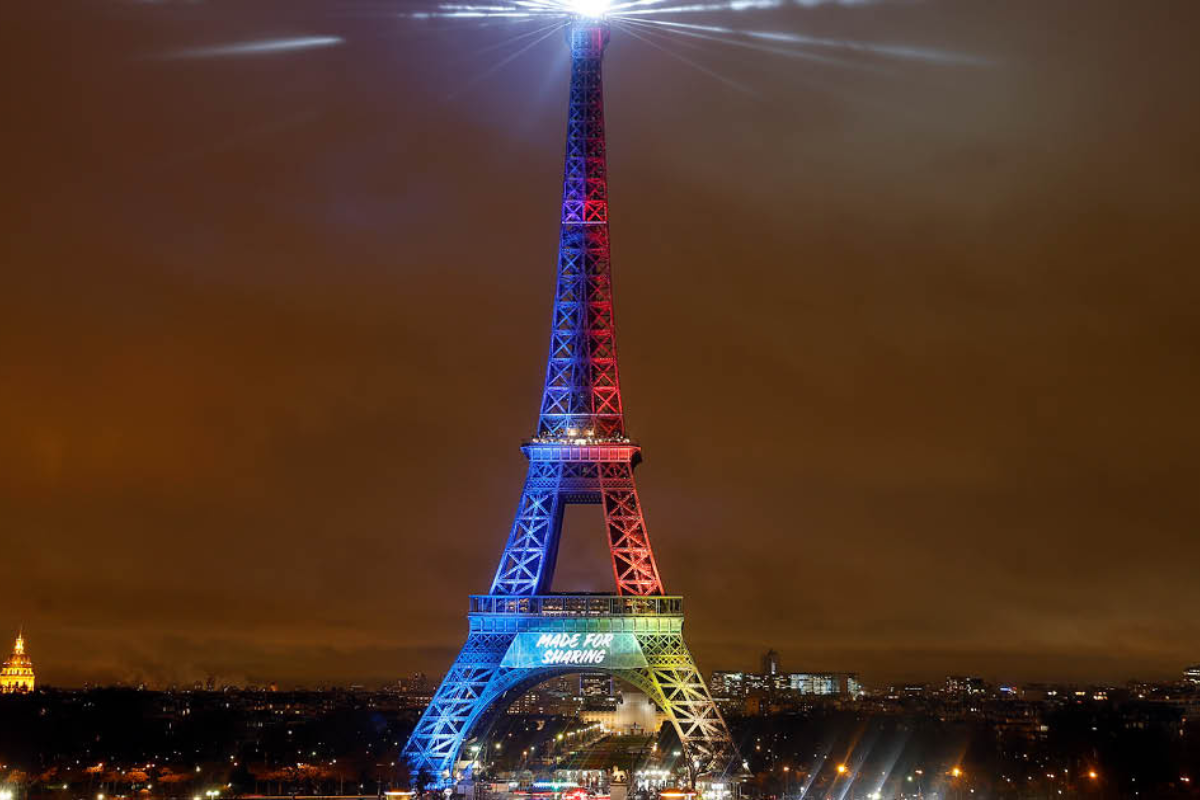When Paris was announced as the host city of this year’s Summer Olympics in 2017, euphoric crowds filled the streets, their infamous Gallic reserve cast aside by promises of a revitalized city proudly staging the greatest show on Earth.
Organizers promised the water quality of the Seine would be improved so much that people could swim in it, and that the rebuilding of the fire-ravaged Notre Dame Cathedral would be sped up so it was completed before the spectacular, groundbreaking opening ceremony that would take place on the river itself.
The city’s Metro would be expanded and made more wheelchair-friendly, a clutch of swish restaurants and guest houses opened and thousands of permanent new homes built for the athletes’ village in the rundown Saint-Denis arrondissement.

As a sweetener to any Parisian businesses unimpressed by the prospect of three weeks of muscles, medals and mayhem, the International Olympic Committee (IOC) launched an initiative to help them secure some of the hundreds of contracts up for grabs in construction, hospitality, private security and tourism. It estimated 150,000 new jobs would be created, not to mention a feel-good boost to national pride and corporate bottom lines.
So surely achieving a tidy return on the US$8 billion cost would be a fait accompli? That’s certainly what many bid-winners over the decades had assumed, but for most, the reality of the organizational marathon left them with some severe cramps.
Debt recovery
In fact, no host city since Sydney in 2000 has shown an actual profit for its efforts. It took Montreal taxpayers nearly three decades to pay off their US$1.5 billion debt from the 1976 summer games, while the Russian resort of Sochi smashed an unwanted record in 2014 when the cost of its winter games snowballed to US$51 billion.
Ironically, any actual snowballs there had to be made from artificial snow as none of the real stuff materialized.
The last summer Olympics in Tokyo set the city back a mighty US$35 billion, some seven times the original estimate – a miscalculation only partially down to the Games’ unprecedented 12-month COVID-19 pandemic delay.
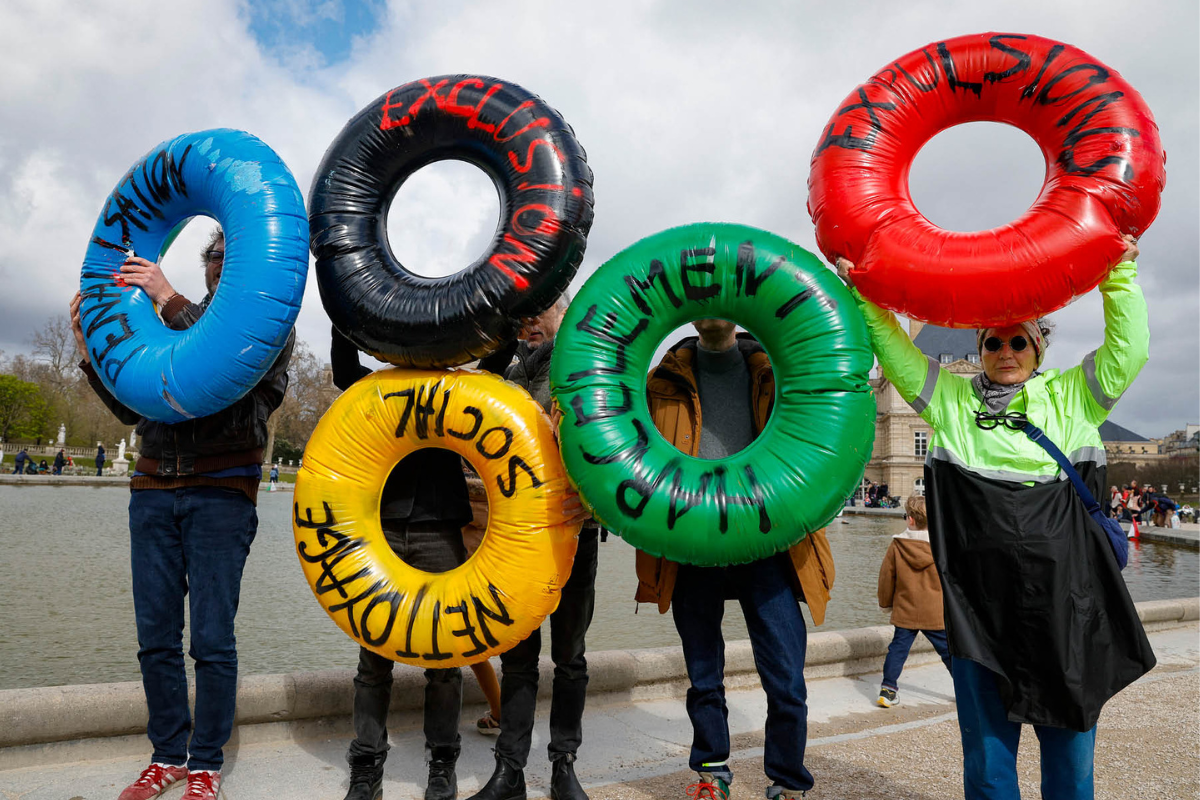
“The Games are still popular – unless they’re being staged in your city.” – Jules Boykoff
Two months out from this year’s event, however, the budget hasn’t been busted; venues are selling out and the last remaining tickets for the aquatic opening spectacle changed hands for an eye-watering US$3,000.
But packed stadiums and an influx of sports fans doesn’t always trickle down to local businesses. Tourism revenues in Salt Lake City, London and Beijing all dropped in their Olympic years. And, as many hotels in Paris are internationally owned, even if their breakfast buffet takings are up, the extra cash won’t stay within the city.
For multinational companies, too, hitching their brands onto the famous five rings doesn’t have the allure it once did.
Among the 15 global Olympic partners of the Paris games are Samsung, Coca-Cola, Deloitte, Visa and Toyota, while another 20 are ‘premium’ or ‘official’ partners. Together they’ll shell out over US$1.24 billion, hoping that cashed-up younger viewers will be drawn to new events like skateboarding and breakdancing.
But even the prospect of beach volleyball below the Eiffel Tower won’t be able to mask the fact that the so-called ‘halo effect’ that corporate affiliation once brought has dimmed significantly due to the catalog of scandals and corruption that has tainted the IOC, says best-selling author Jules Boykoff, who is a Professor and Politics and Government Department Chair at the Pacific University Oregon.
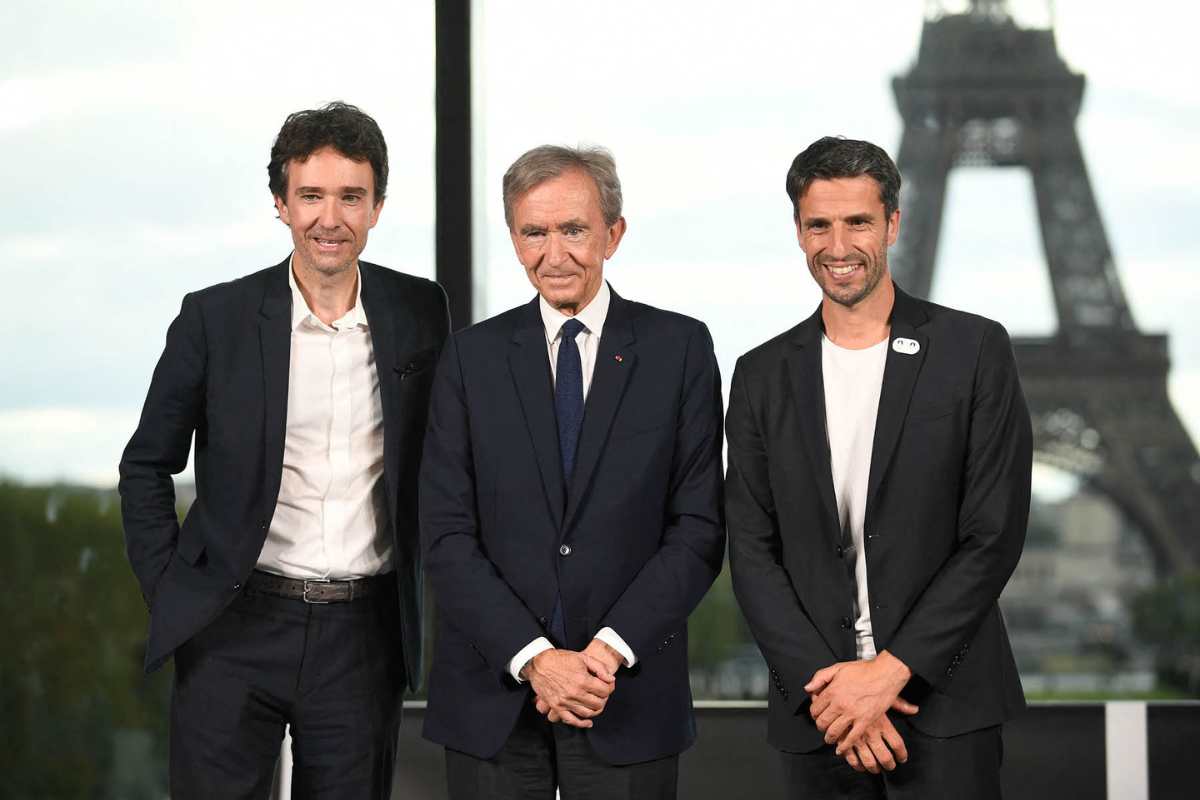
A prominent critic of the games, his 2024 book What Are The Olympics For? described the deeply troubling physical, mental and sexual abuse endured by athletes, as well as a litany of human rights concerns.
“Between 2012 and 2018, a dozen cities rejected the Olympics because of the downsides they bring such as spending gobs of public money on a short-lived sports festival, displacing local populations, greenwashing, militarization of public space and straight-up corruption,” he tells The CEO Magazine.
“The Games are still popular – unless they’re being staged in your city.”
Boykoff points out that, as US$9 out of every US$10 in the IOC’s coffers come from TV networks and major sponsors, they are the only ones with enough clout to insist on meaningful change.
A huge appetite
Over US$7.6 billion of that came from NBC Universal when it inked a 12-year deal in 2014 for broadcast rights in the United States. Late last year, it reported for this year’s event, with much of its live inventory already sold out.
Capturing Olympic eyeballs is bigger business than ever in Australia, too, where Nine Network Australia splashed out an unprecedented US$200 million for all the summer and winter games up until 2032, a deal described as “great value” by its Chief Finance and Strategy Officer, Matt Stanton.
“There’s still a huge appetite among viewers for the Olympics, especially as we’ll be streaming it 24 hours a day across more than 40 dedicated digital and free-to-air channels,” he tells The CEO Magazine. “They can watch world-class coverage of all their favorite events as they’re actually happening and now, with video on-demand catch up, there are more opportunities for us to commercialize.
“Advertisers know it’s very beneficial to their brands so well worth the investment. And so do we – securing the next five Olympics makes absolute commercial sense and we’re very confident they’ll continue to be major ratings winners.”
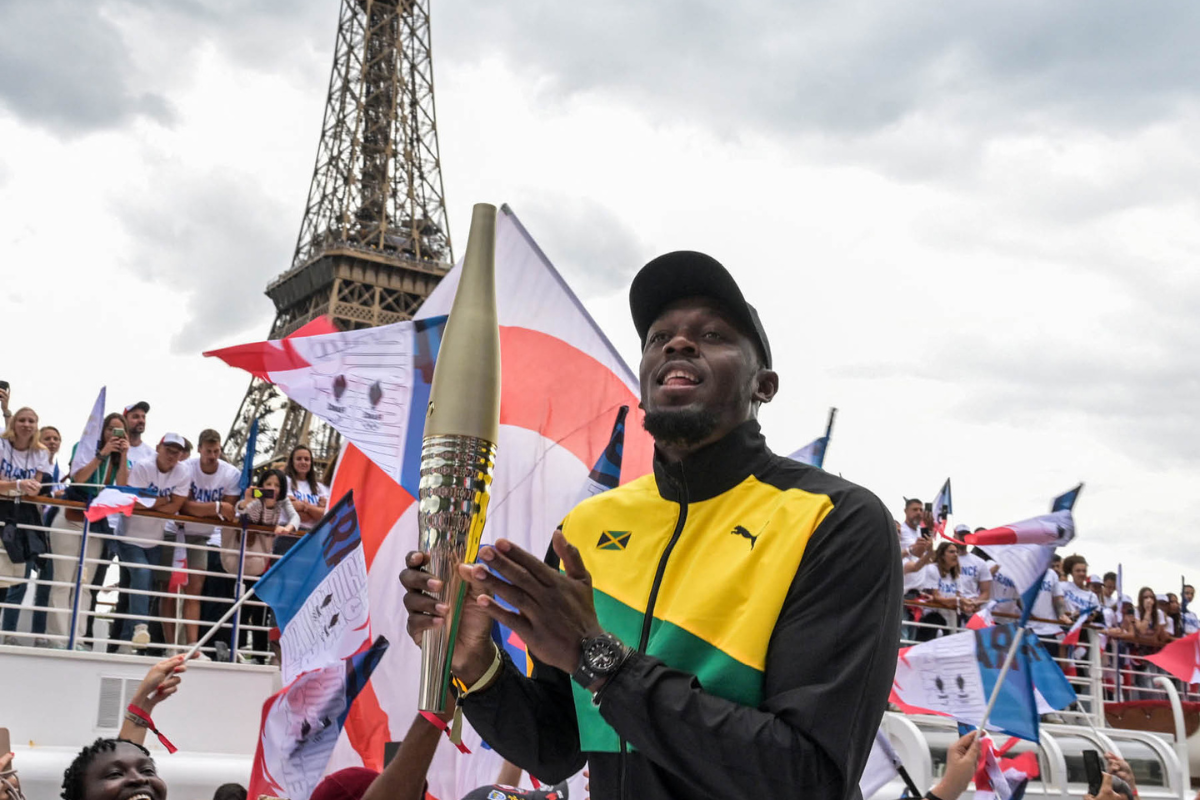
“Potential sponsors need to decide whether the Olympics is more relevant to their customers than, say, a Taylor Swift tour.” – Hans Westerbeek
But the size of the edge-of-sofa-based audience isn’t the only factor at play. It’s easy for a marketer to be dazzled by the glamor and tradition, and end up dropping the baton by splurging their annual budget on an athletic brand ambassador who – literally – falls at the first hurdle.
What’s often lacking is clarity around exactly what their medal-worthy campaign is supposed to achieve, according to Hans Westerbeek, Professor of Sports Business at Victoria University in Australia. “It remains one of the most globally attractive platforms, but sponsorship only works if it costs less than the additional sales it brings in,” he says from his Melbourne office.
And such an outcome only materializes with a strategic marketing road map executed by skilled digital natives equipped with highly sophisticated technology stacks. That means granular audience segmentation rather than spewing a frenzy of messages into the ether and hoping a few end up on the right screens.
“Potential sponsors need to decide whether the Olympics is more relevant to their customers than, say, a Taylor Swift tour,” he adds. “And are the athletes really the best spokespersons for their products?”
Broken promises
It remains to be seen if the games will provide a much-needed fillip to the French economy, but locals are skeptical, with nearly half wishing it were happening in someone else’s city.
As it turns out, the Notre Dame repairs won’t be completed in time, and even on the hottest days, a cooling dip in the still-polluted Seine would be ill-advised.
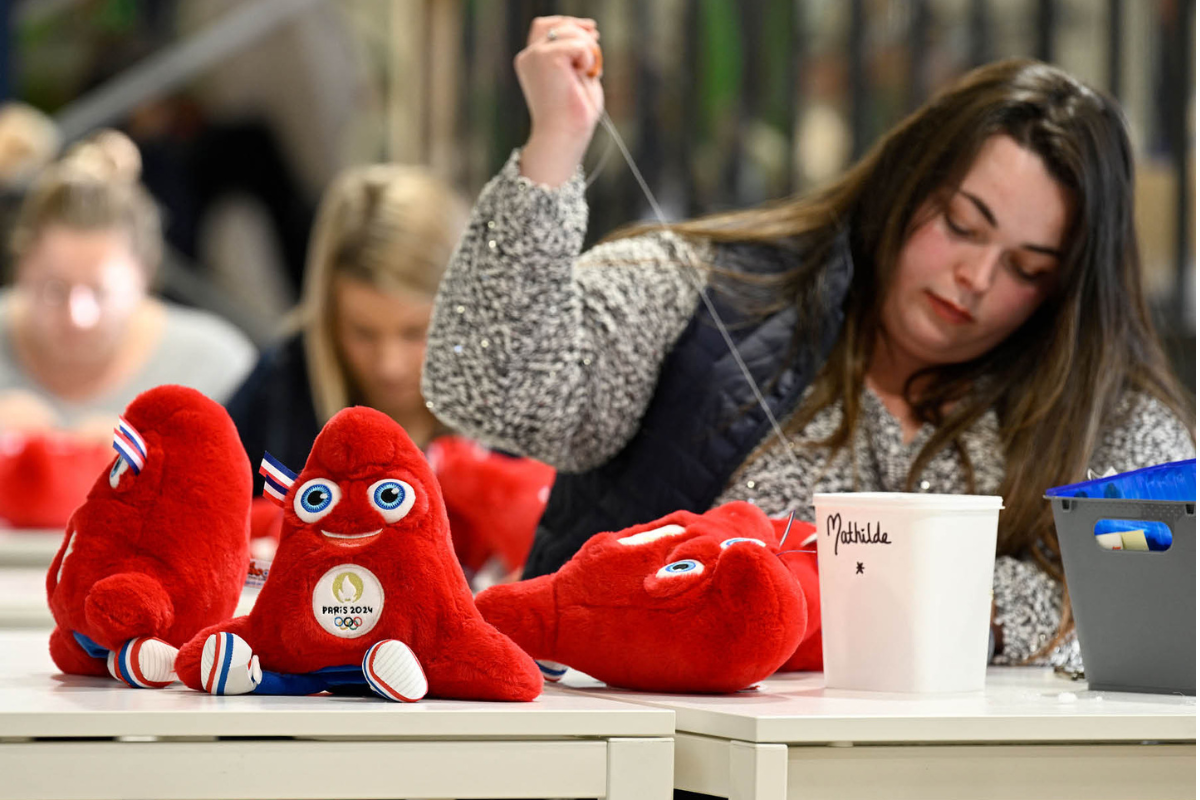
The city’s mayor has warned there won’t be enough trains to cope with increased demand on the still-crowded and grubby Metro, where a meager five percent of stations will be accessible to disabled users, meaning many Paralympic athletes will have to take their chances in the expected traffic jams. Oh, and Metro prices will nearly double during the Games.
Still, at least no taxpayer money will be squandered on artificial snow.
Paris’ sponsor squabble
This year’s Games could be awkward for one of the Olympics’ chief sponsors, Airbnb, and not just because of the bed bug plague afflicting Paris. The online room rental giant has been dragged through the courts dozens of times in the last three years by city authorities and forced to cough up over US$8.5 million in fines after it fell foul of new legislation stipulating that hosts can only rent out their main residence in its entirety for 120 days a year.
Officials have pledged to crack down still further in the next few weeks, a move that caused the price of many hotel rooms to treble and left tourism bodies issuing dire warnings about chronic accommodation shortages.

